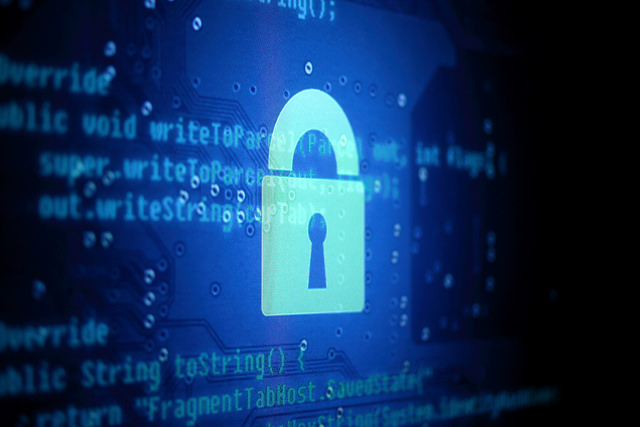Toronto’s Guerrilla Archivists
Online rebels fight the power.

Most revolutionaries are in the business of destruction. It doesn’t really matter what they’re rebelling against, the ultimate goal is to upset the apple cart, take down the establishment, overthrow the status quo. Not this time. Instead of donning Guy Fawkes masks, a group of Toronto-based online activists are fighting the power by playing librarian.
The self-styled “guerrilla archiving” effort, led by the University of Toronto’s Technoscience Research Unit and academics in Philadelphia, aims for a different kind of disruption. Rather than blocking service, ripping off online identities, or pinching credit card numbers, a collection of intellectuals, database experts, and volunteers intends to catalogue, download, save, and copy precious U.S. government–generated environmental data in order to combat climate change sceptics and global warming deniers. They’ll focus on several federal agencies—the Environmental Protection Agency, NASA, the Department of Energy, and others—that the group deems particularly vulnerable to meddling, political influence, defunding, or data deletion.
Instead of donning Guy Fawkes masks, a group of Toronto-based online activists are fighting the power by playing librarian.
Paranoid? Sure. But after a year filled with events that were never supposed to happen (Brexit, Trump, the Chicago Cubs), no one is in the mood to roll the dice. Indeed, the 45th president has made little effort to hide his antipathy for the science of climate change—the concept was cooked up by the Chinese to suppress U.S. manufacturing; let’s rip up the Paris Agreement; America needs more coal, and so on.
Politics are one thing, but this battle for data seems to be something else entirely, a skirmish in what may be the new culture war: the war for truth, with the Internet being the front line. Events of the past year have proven that in the Internet age, truth is a flexible commodity, and the speed at which misconceptions, doubtful claims, and blatant falsehoods can reproduce online is limited only by how fast our thumbs can move over a touchscreen.
Against such a background, that dust-covered backup drive kicking around your closet may be the ultimate weapon. The ability to share a screenshot, access archived data, or call up a previously deleted image could end up being the most important power of all, with the potential to disrupt the course of politics, economics, and history itself. All in 140 characters or less.
Photo by Yuri Samoilov via Flickr.
_________
Never miss a story. Sign up for NUVO’s weekly newsletter.



